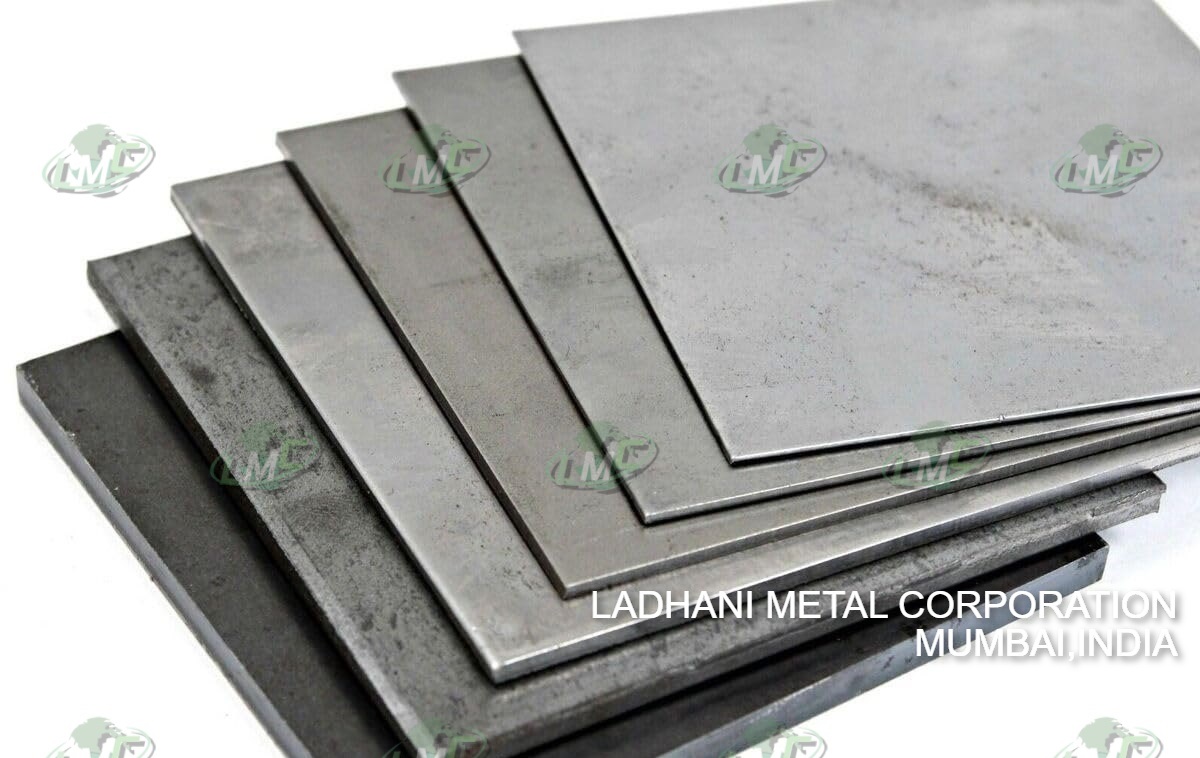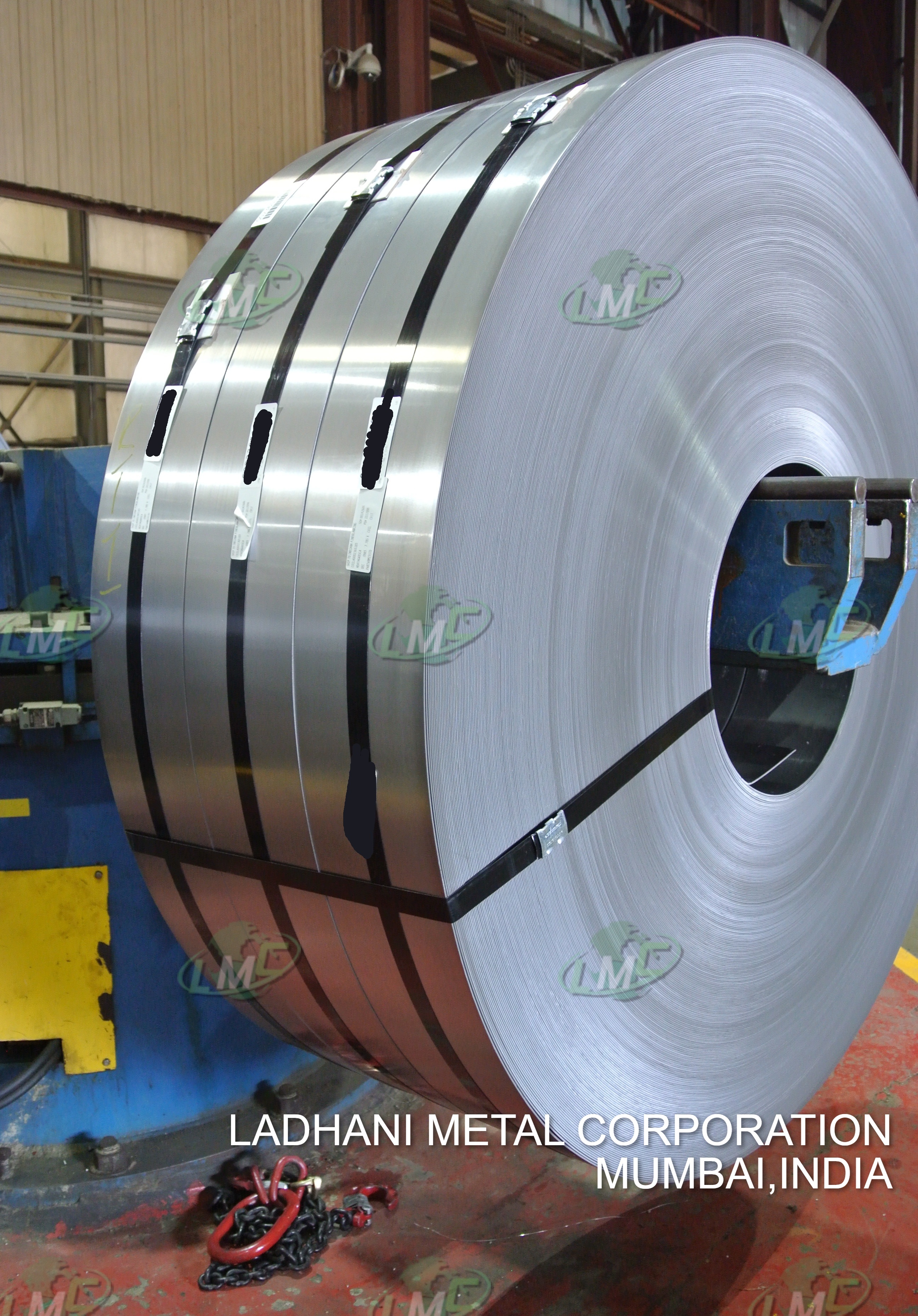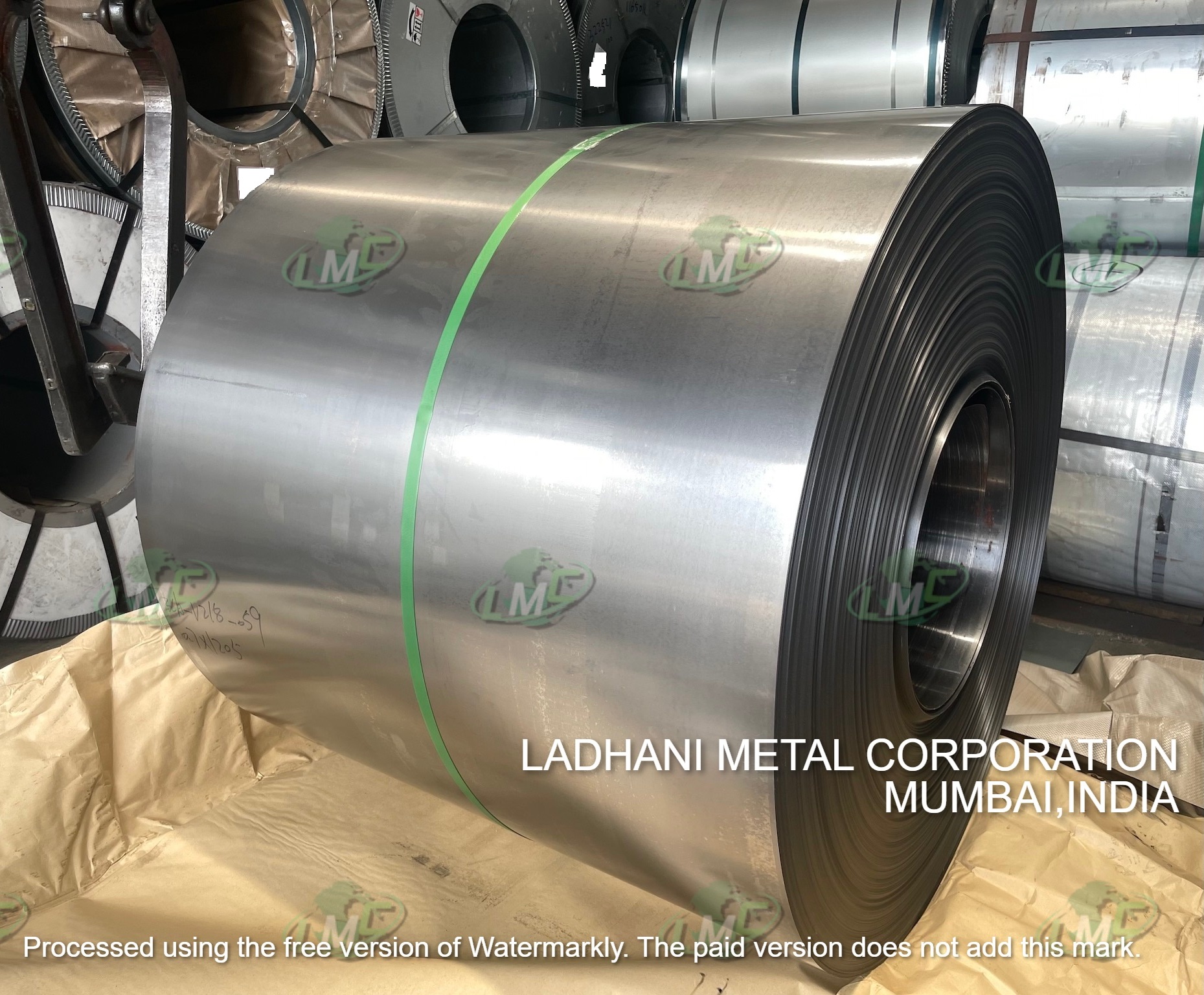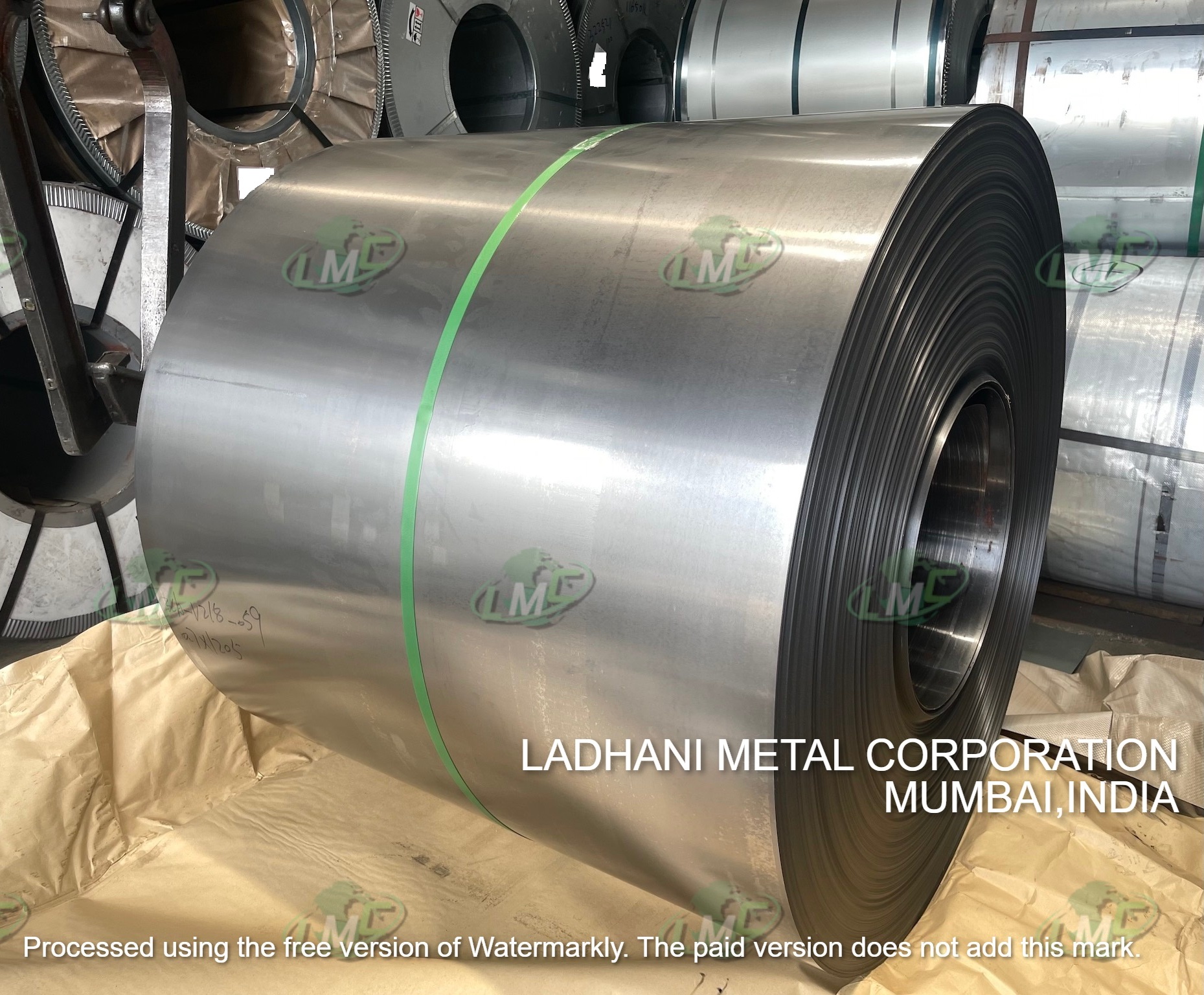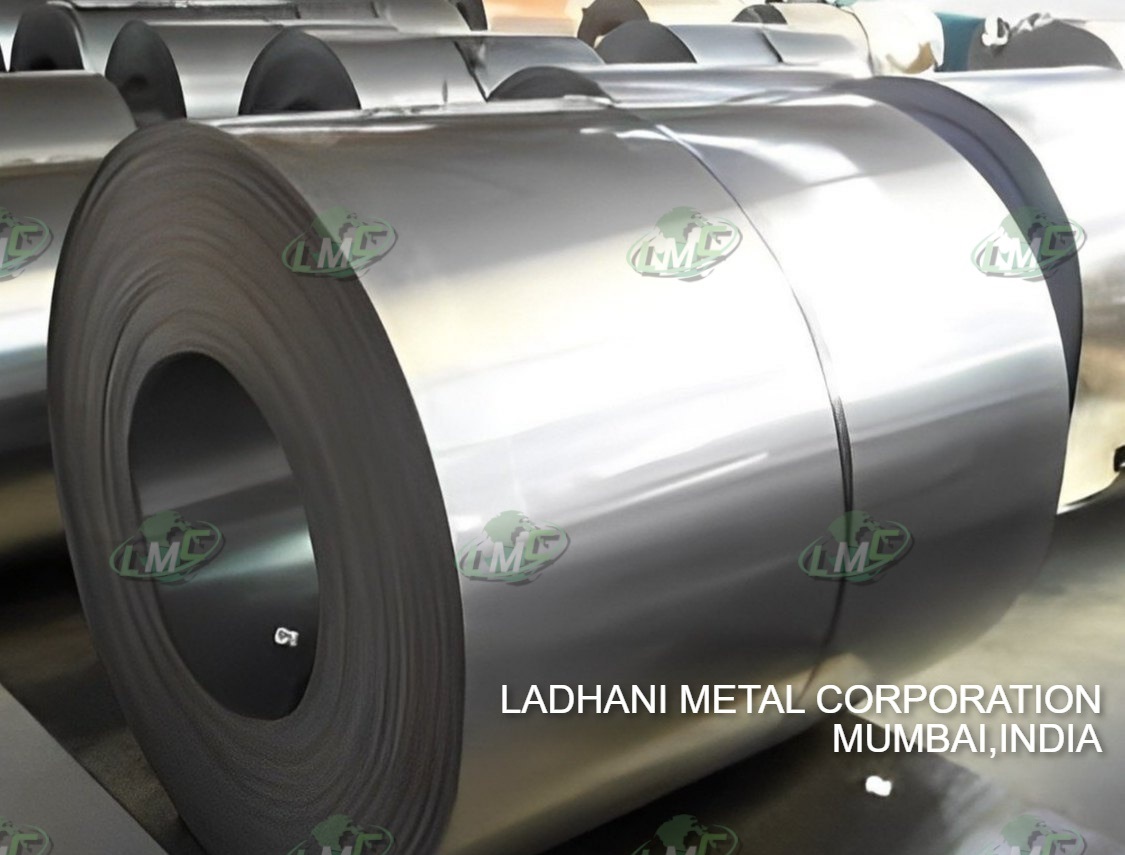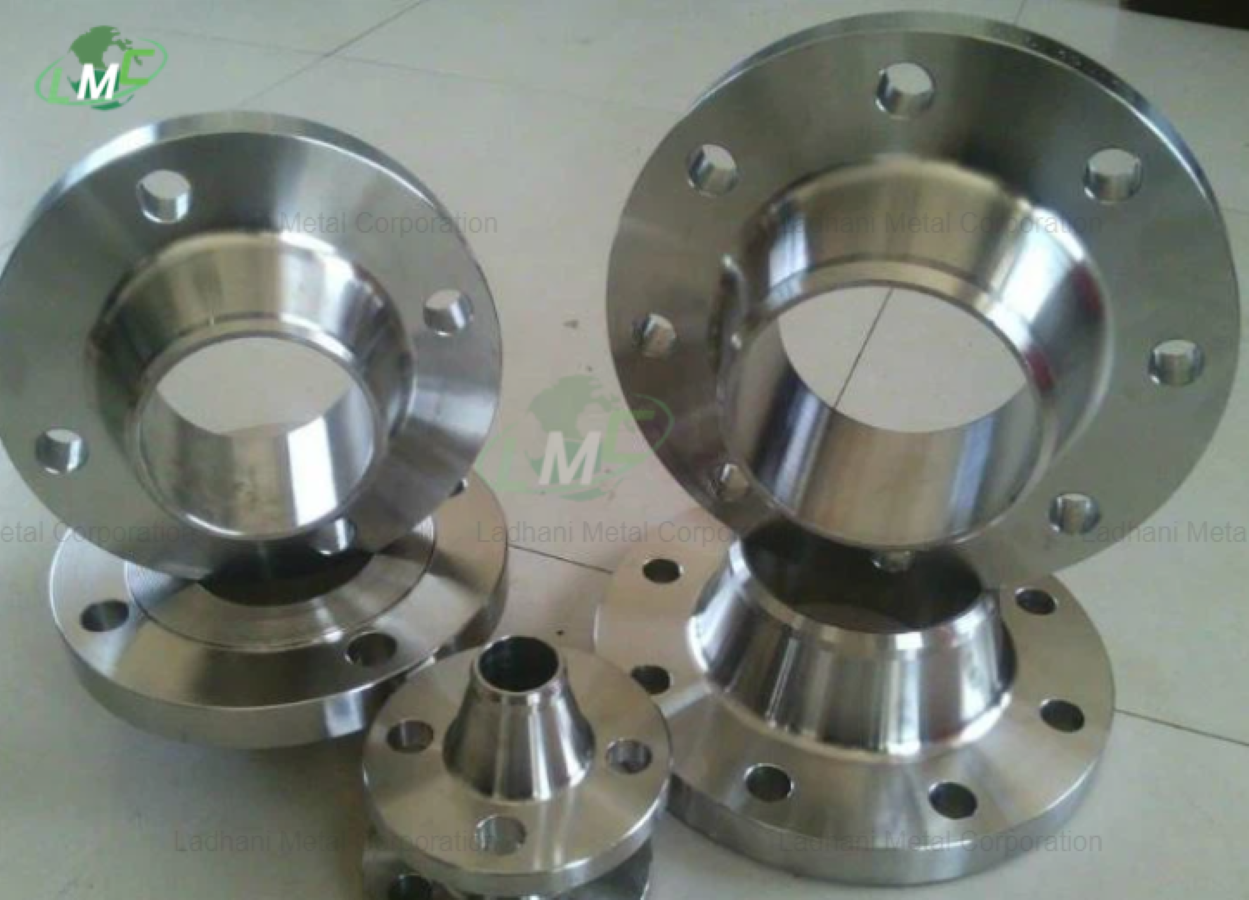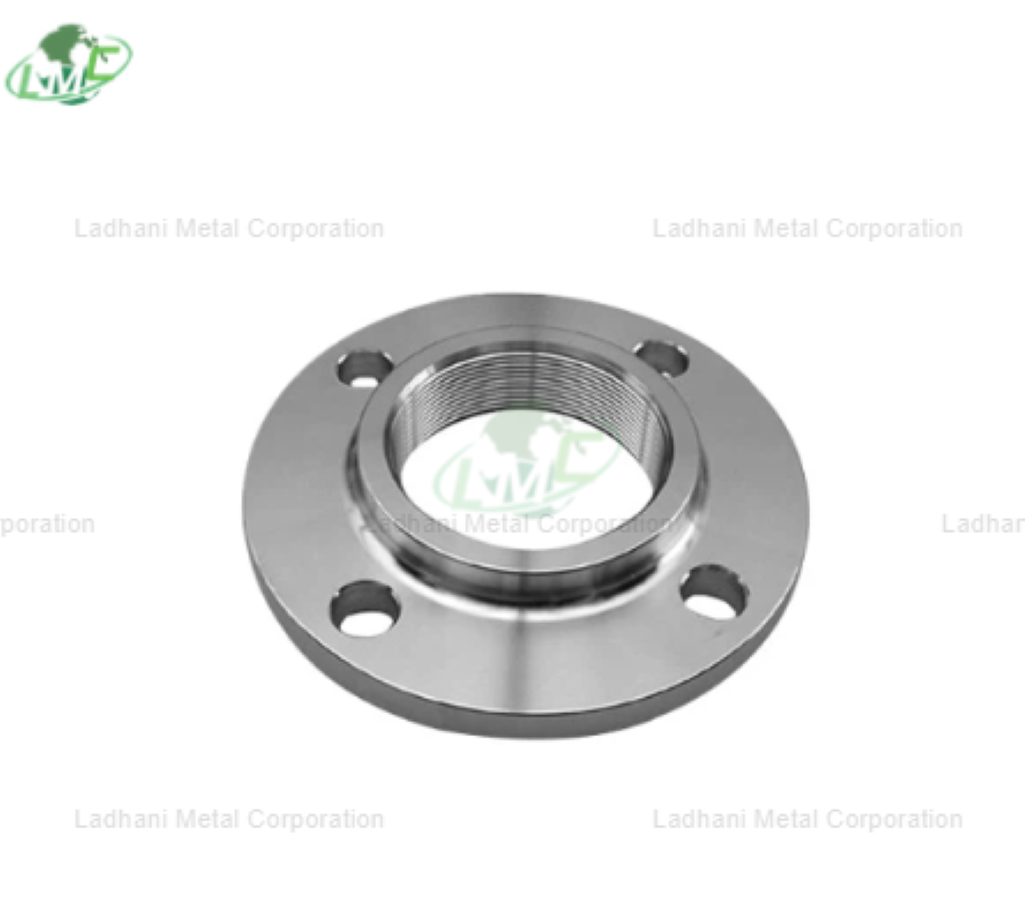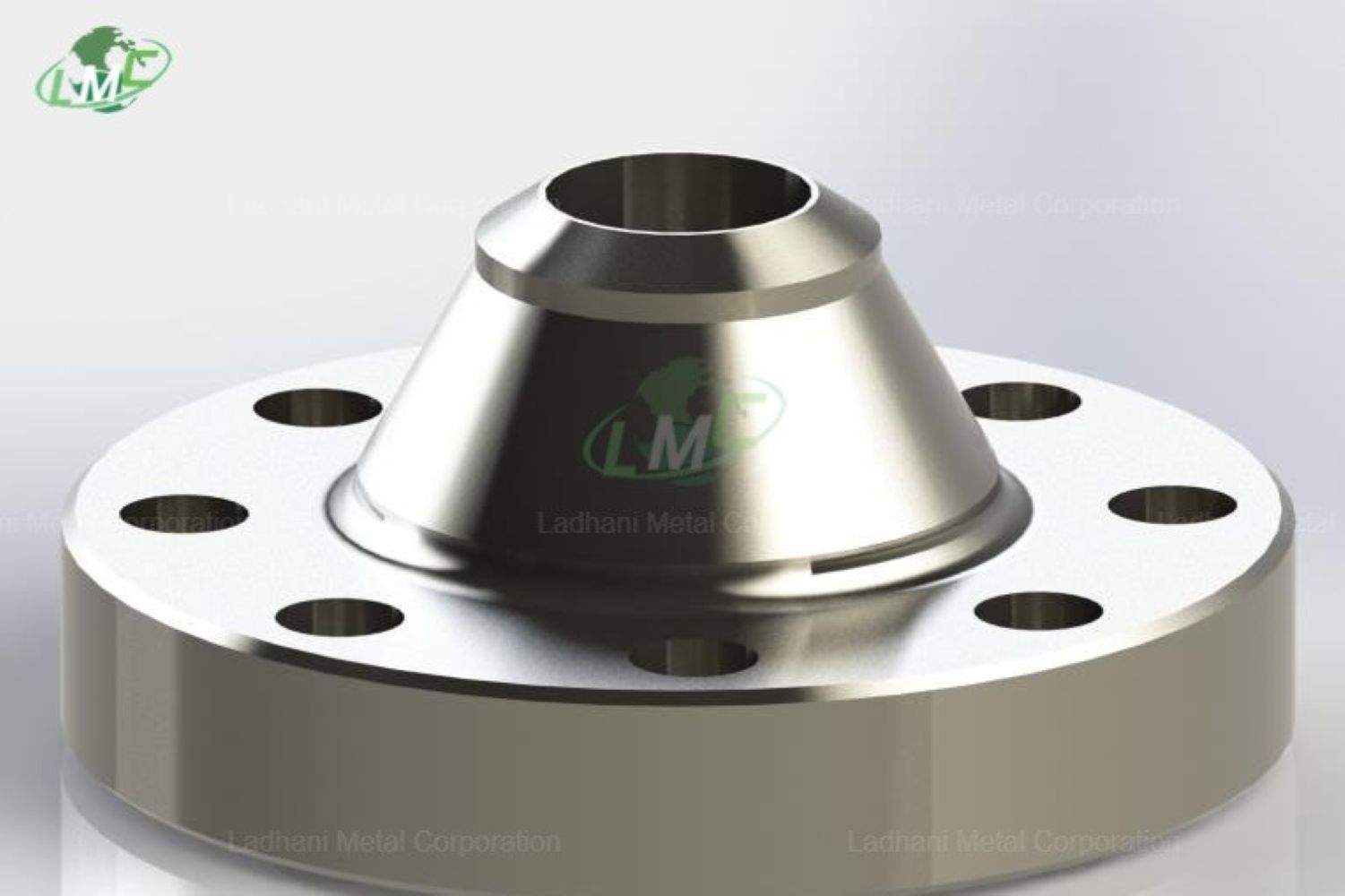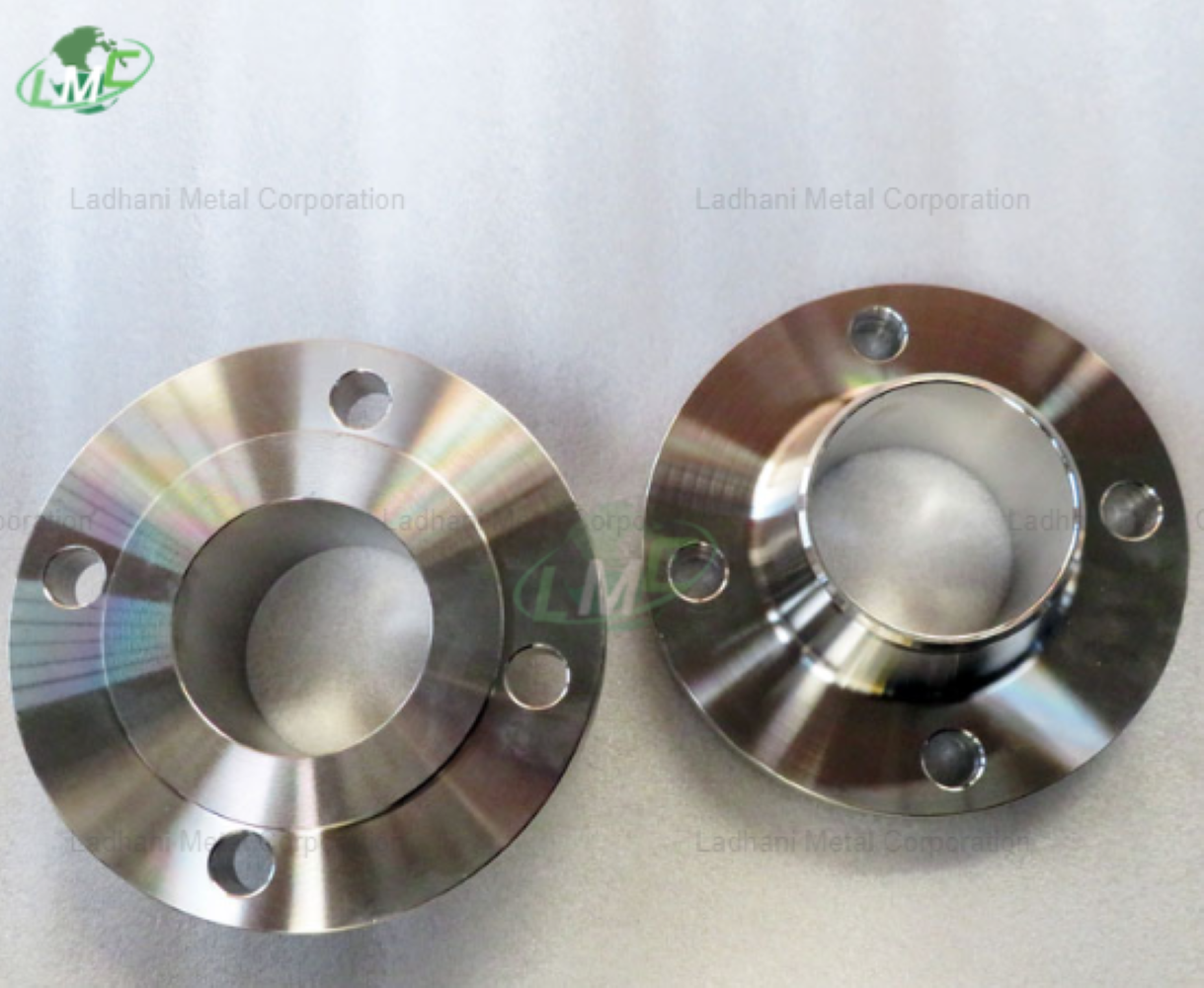QUALITU STANDARD MATERIAL NO. DC07 DIN EN 10130 1.0873 The super deep drawing grade DC07 is specified according to the standard DIN EN 10130, which focuses on cold-rolled flat products made of soft steels for cold forming. This standard ensures that the technical requirements and test methods for cold-rolled products are met, which are of great importance in various industrial applications, especially where the highest demands are placed on formability and surface quality. DC07 is a particularly low-carbon steel characterized by exceptional cold formability. The chemical composition of DC07 is strictly controlled to ensure its excellent mechanical properties. The carbon content in DC07 is typically a maximum of 0.01 %, while the manganese content is a maximum of 0.20 %. The addition of micro-alloyed elements such as titanium and niobium can further improve formability and strength. The mechanical properties of DC07 are characterized by a very low maximum yield strength of 120 MPa and a tensile strength of between 270 and 350 MPa. A particularly outstanding property of DC07 is its high elongation at break of at least 40 %, which underlines the excellent formability of the material. These properties make DC07 ideal for the production of complex components that require extremely high precision and surface quality, such as deep-drawn body parts in the automotive industry or highly complex components in the electronics industry. The DIN EN 10130 standard also specifies precise tolerances for dimensions, shape and surface finish. These tolerances are crucial to ensuring consistently high product quality and meeting the requirements of end users. The surface of the cold-rolled flat products can be supplied in various qualities, from matt to high-gloss, to meet the specific requirements of different applications. The DIN EN 10152 standard specifies electrolytically galvanized, cold-rolled steel flat products for cold forming, including the super deep-drawing grade DC07. This standard defines the requirements for the zinc coating and the basic mechanical properties of the base material. DC07, when electrolytically galvanized in accordance with DIN EN 10152, is given an additional corrosion protection layer of zinc. This layer protects the material from oxidative influences and significantly increases the service life of the components made from it. The zinc coating can be applied in various thicknesses, depending on the specific requirements of the application. Typical coating thicknesses range from 5 to 20 µm. The chemical composition and mechanical properties of the base material DC07 remain unchanged after galvanizing and meet the requirements of DIN EN 10130. DC07 therefore retains its exceptional cold formability and mechanical performance. The yield strength, tensile strength and elongation at break also remain in the same range as for non-galvanized DC07. In addition to mechanical performance, the quality of the zinc coating is of central importance. The DIN EN 10152 standard specifies the requirements for the uniformity of the coating, the adhesive strength of the zinc and the surface quality. These requirements ensure that the galvanized products offer high corrosion resistance and an aesthetically pleasing surface. The use of DC07 in accordance with DIN EN 10152 is widespread in the automotive industry, the construction industry and in the manufacture of household appliances, where improved corrosion resistance is required in addition to high formability. Electrolytic galvanizing offers optimum protection here without impairing the excellent mechanical properties of the base material. In summary, it can be said that the DC07 super deep-drawing grade offers a wide range of applications in accordance with both DIN EN 10130 and DIN EN 10152. While DIN EN 10130 focuses on excellent formability and surface quality, DIN EN 10152 supplements these properties with improved corrosion resistance thanks to the zinc coating. Both standards ensure that DC07 is a reliable and high-quality material for numerous industrial applications.
Send Message
